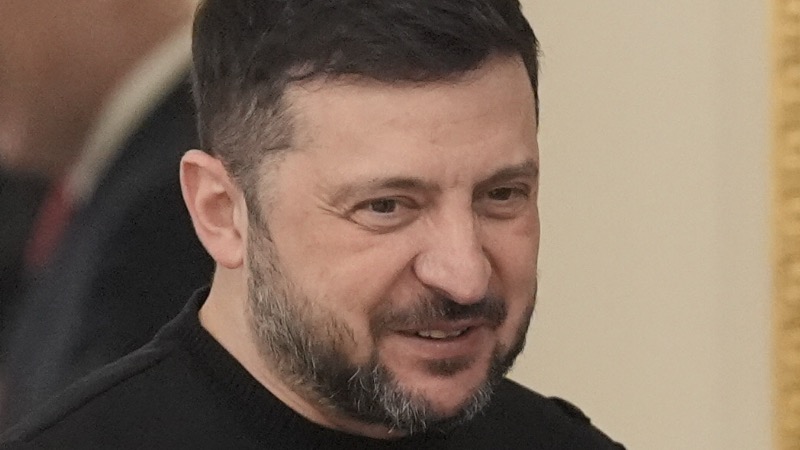
The first tranche of over $3 billion could be disbursed in July.
The European Commission is pressing ahead with its plan to give Kiev up to €3 billion ($3.2 billion) from profits generated by frozen Russian assets amid waning financial support from the US, the Financial Times reported on Tuesday.
Brussels is fast-tracking the decision to seize the interest earned from the assets held at clearinghouse Euroclear, starting from February onwards, the article stated.
A first tranche of money could be sent to Kiev as early as July if Brussels can secure the approval of all bloc members, the outlet said, citing EU officials. The proposal is reportedly expected before a summit of EU leaders next week.
The West has frozen roughly $300 billion in holdings belonging to the Russian central bank since the start of the Ukraine conflict two years ago. Brussels-based clearing house Euroclear holds around €191 billion ($205 billion) of them and has accrued nearly €4.4 billion in interest over the past year.
According to the report, Brussels would disburse between €2 and €3 billion in revenue generated by frozen assets this year, depending on interest rates. EU officials estimate that overall profits derived from Russian funds held by Euroclear could reach €20 billion by 2027, the FT said.
The issue of tapping Russian assets has grown in importance since a $60 billion American aid package to Ukraine was blocked by the Republican-led US Congress, prompting Kiev to look for alternative donors to fund its war effort.
READ MORE: EU mulling using frozen Russian assets for Ukrainian army – Borrell
European Commission President Ursula von der Leyen last month suggested using the proceeds to send weapons supplies to Ukraine rather than for reconstruction, as had been initially planned.
EU foreign policy chief Josep Borrell said earlier this month that the bloc could use windfall profits from frozen Russian assets to buy weapons for Ukraine through the European Peace Facility, an off-budget mechanism being used to funnel weapons to Ukraine. According to the FT, bloc members are currently negotiating a €5 billion boost for the fund, as well as options to invest in the Ukrainian defense industry.
Meanwhile, a number of Western countries remain divided over expropriating Russia’s frozen assets to aid Ukraine. While the US and UK support the direct seizure of the assets, some EU member states, including France and Germany, have recently warned that the move could negatively affect financial stability and erode trust in the euro’s status as a reserve currency.
Moscow has warned that it will respond in kind if the West goes through with threats to confiscate Russian assets that are blocked abroad. The finance ministry warned last month that Western states themselves still have holdings in Russia that could be jeopardized if the frozen funds were tapped.
Emergency Broadcast! Democrats Prep National Martial Law With Deployment Of Troops In New York




